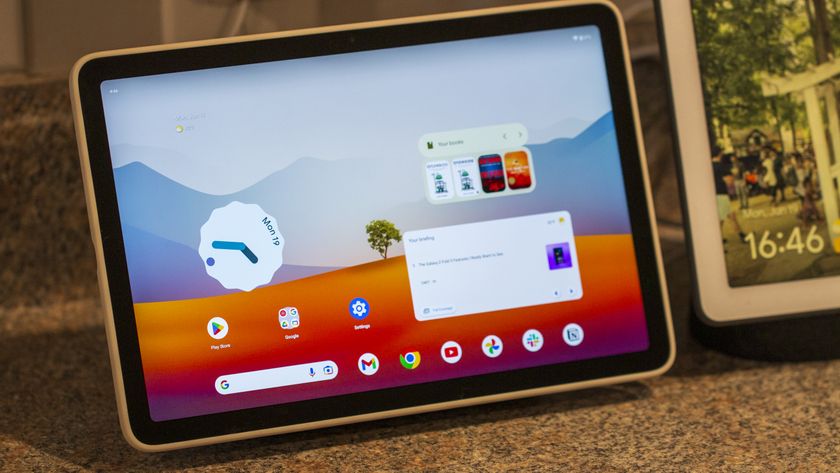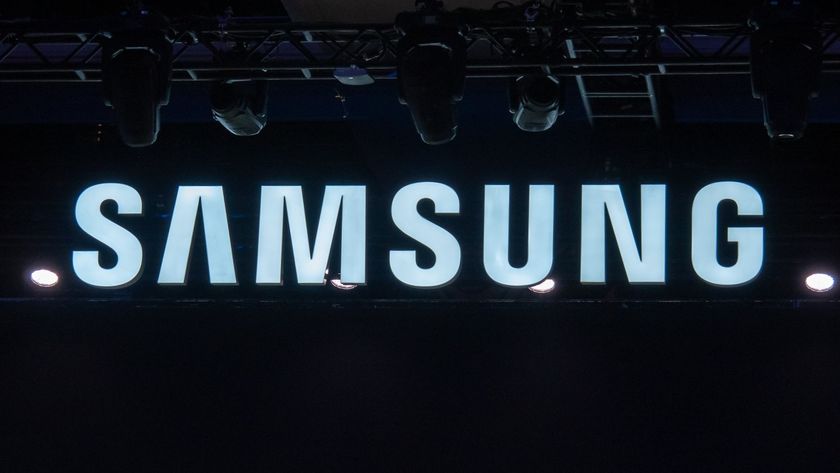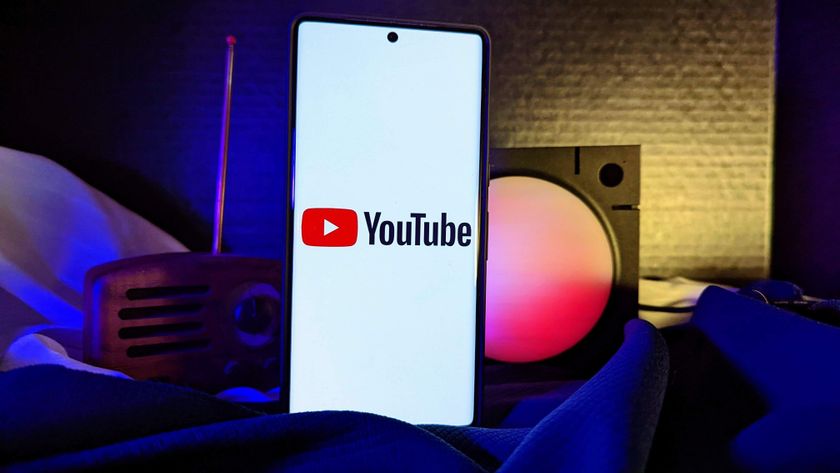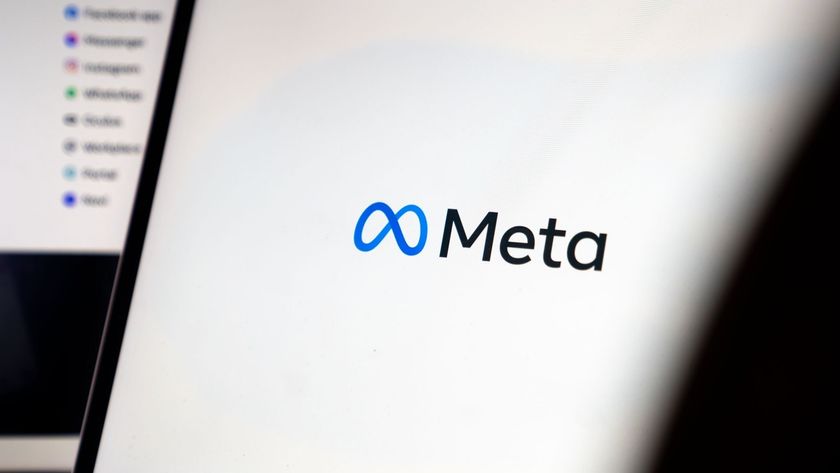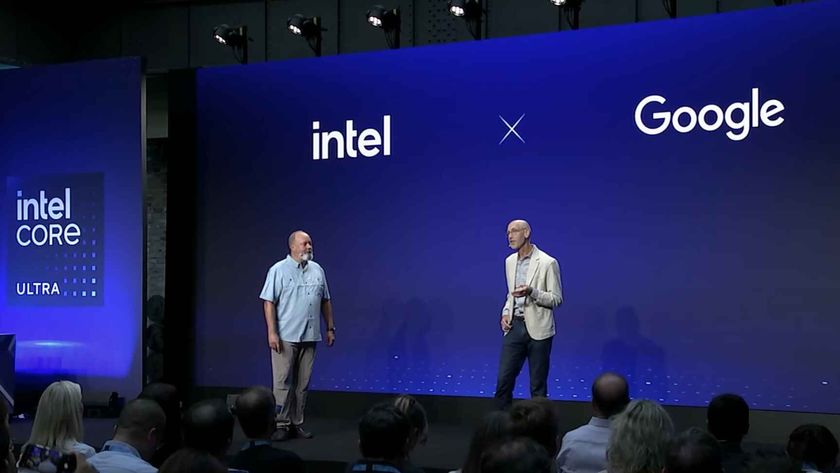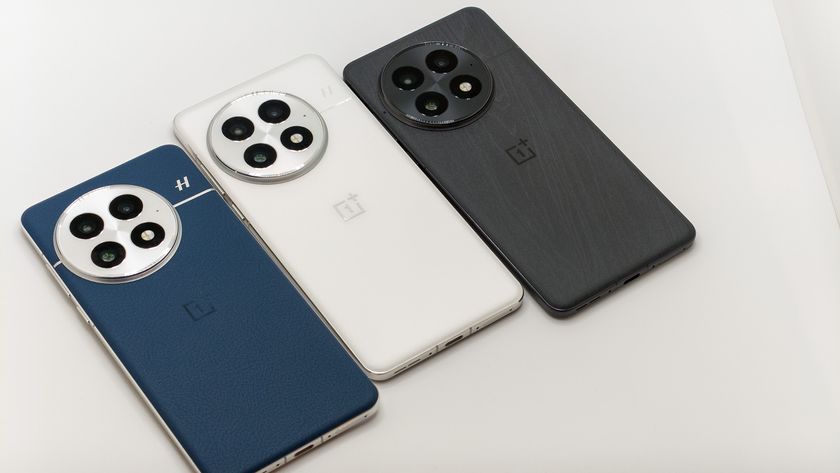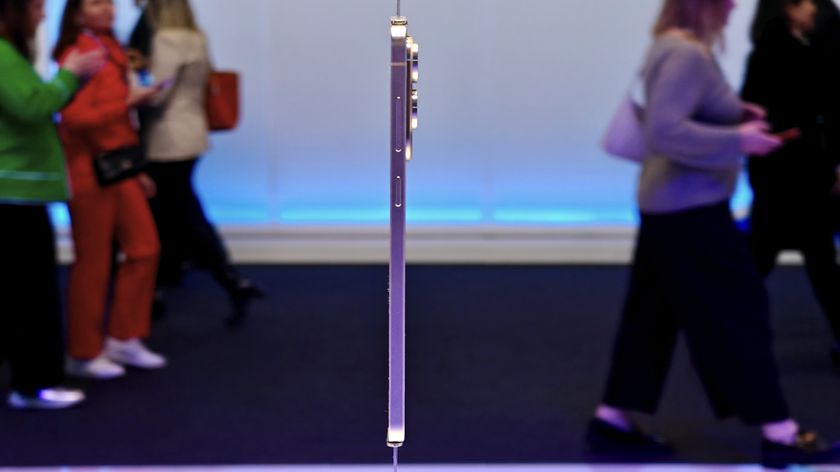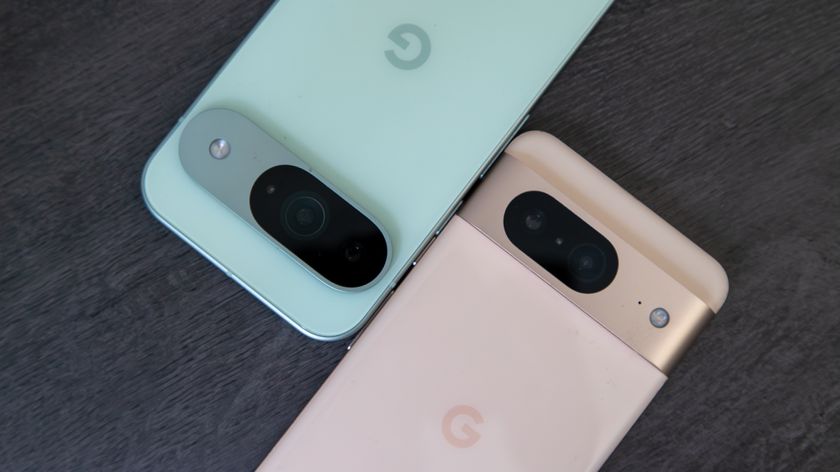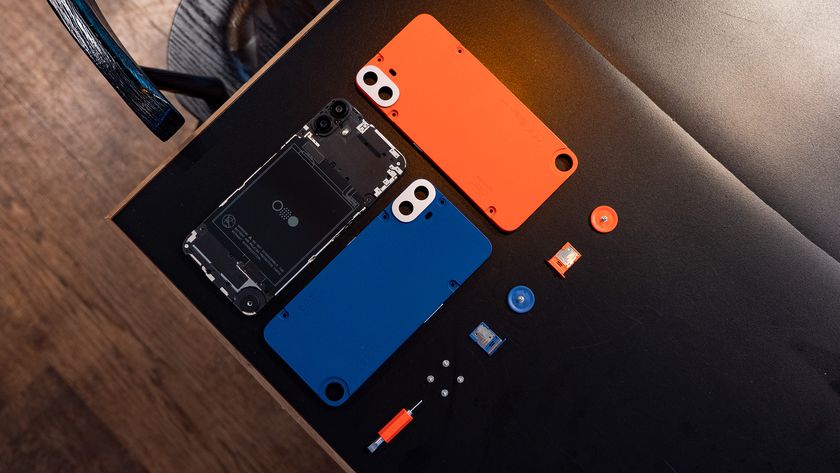2021 will be the year ray tracing takes video games by storm
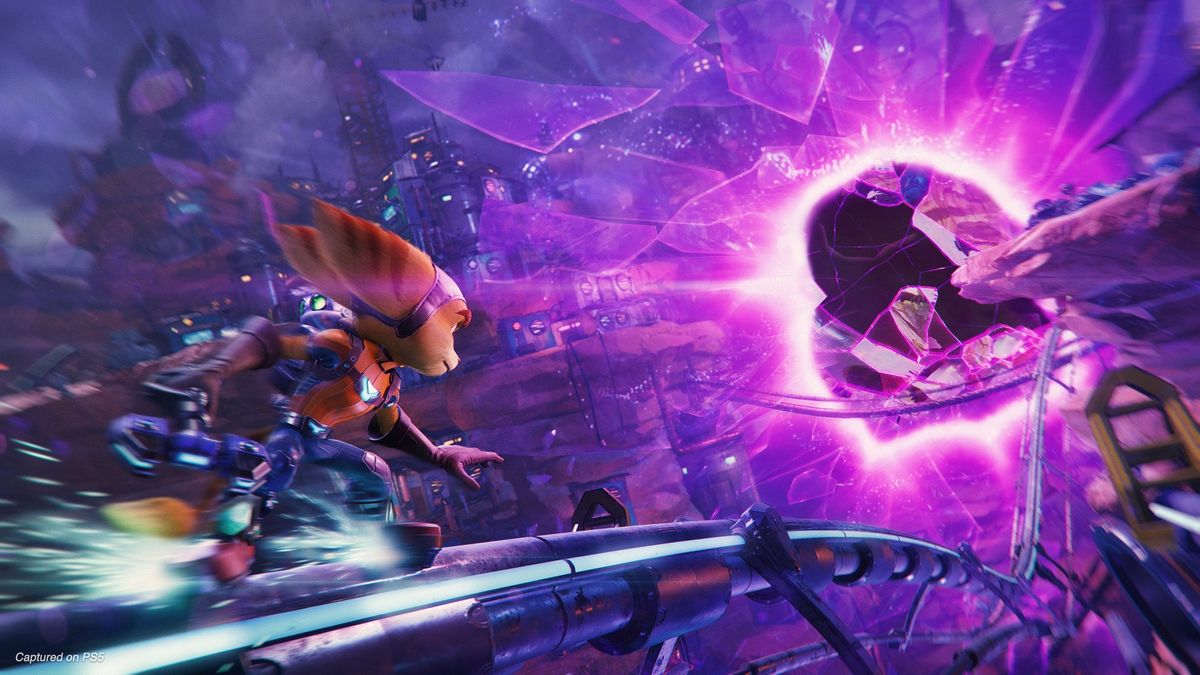
Ray tracing is more than just a buzzword. It takes many forms but in its simplest form, it traces the path of different light rays, creating a far more realistic image. It's still early days for ray tracing in the grand scheme of gaming, but with the arrival of new consoles packing advanced hardware, ray-tracing will take root through 2021.
However, we won't be finding the best image quality imaginable, not will it be everywhere. The rise of ray tracing as a standard in gaming will come through clever usage, highlighting particular elements, characters or items that best improve the visuals for the lowest cost.
The biggest drawback to ray tracing is the sheer technical cost. It's extremely demanding to render, but the combination of new CPU cores and GPU technology being used in the newest generation of consoles means ray tracing is no longer something limited to the highest-end graphics cards for PC players.
Some of the best PS5 games, like Watch Dogs: Legion and Marvel's Spider-Man: Miles Morales, offer clean, accurate ray-traced reflections. Sometimes, developers will have to sacrifice frame rate to get ray tracing, but developers at Insomniac Games, after receiving community feedback, implemented a 60 FPS ray-tracing mode that makes some smart cuts to create a "best of both worlds" scenario.
Call of Duty: Black Ops Cold War uses ray-traced shadows to improve the overall image quality.
Ray tracing can be used in plenty of different ways, with shiny reflections some of the easiest visual improvements to spot but hardly the limit of just what this technology is capable of. On PS5 and Xbox Series X, Call of Duty: Black Ops Cold War uses ray-traced shadows to improve the overall image quality. It's not as demanding as reflections, allowing the game to still run at 60 FPS while cleaning up the presentation of the game as a whole.

Now, there's definitely a measure of reasonable expectations that should be kept in check. As incredible as games with fully ray-traced enhancements look, we're not going to see everything dialed up to the max, although we might see it from time to time in the occasional smaller project from independent developers.
Instead, I'm expecting to see a consistent level of options provided for players, with smart choices for where ray tracing is applied that'll naturally vary game-by-game. A 60 FPS mode alongside a 30 FPS option with ray-tracing, (or 120 FPS alongside 60 FPS with ray-tracing, as will be the case for some shooters) seems to be a common choice in the next generation, and should be reflective of what kinds of options players can expect.
Be an expert in 5 minutes
Get the latest news from Android Central, your trusted companion in the world of Android
I'm expecting to see a consistent level of options provided for players.
Looking ahead into 2021, upcoming PS5 exclusive Ratchet and Clank: Rift Apart uses ray tracing on Ratchet to make him shine, while the update for Control: Ultimate Edition will offer a ray tracing mode at 30 FPS that provides console players with clean reflections. Capcom's horror title Resident Evil Village reportedly runs at dynamic 4K 60 FPS with ray tracing, though there's a lack of information as to what this ray tracing entails.
We've barely scratched the surface of what ray tracing can be used for and that's a huge part of what makes this newest generation of games so exciting. As developers become more familiar with the new hardware, we'll get to see more and more creative uses of ray tracing across different genres. I can't wait.
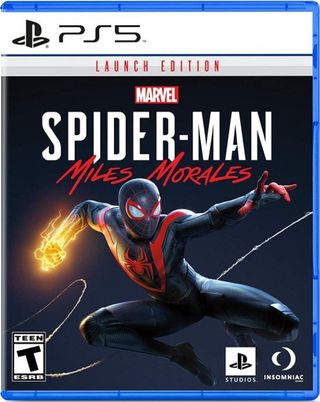
A different kind of Spider-Man
Insomniac Games captured the hearts of players everywhere with its forray into the Marvel universe with Spider-Man for the PS4. This sequel isn't a full-fledged game, but you'll get to play as Miles Morales, who gained his spider powers at the end of the first game, and save New York.
Samuel Tolbert is a freelance writer covering gaming news, previews, reviews, interviews and different aspects of the gaming industry, specifically focusing on PlayStation on Android Central. You can find him on Twitter @SamuelTolbert


